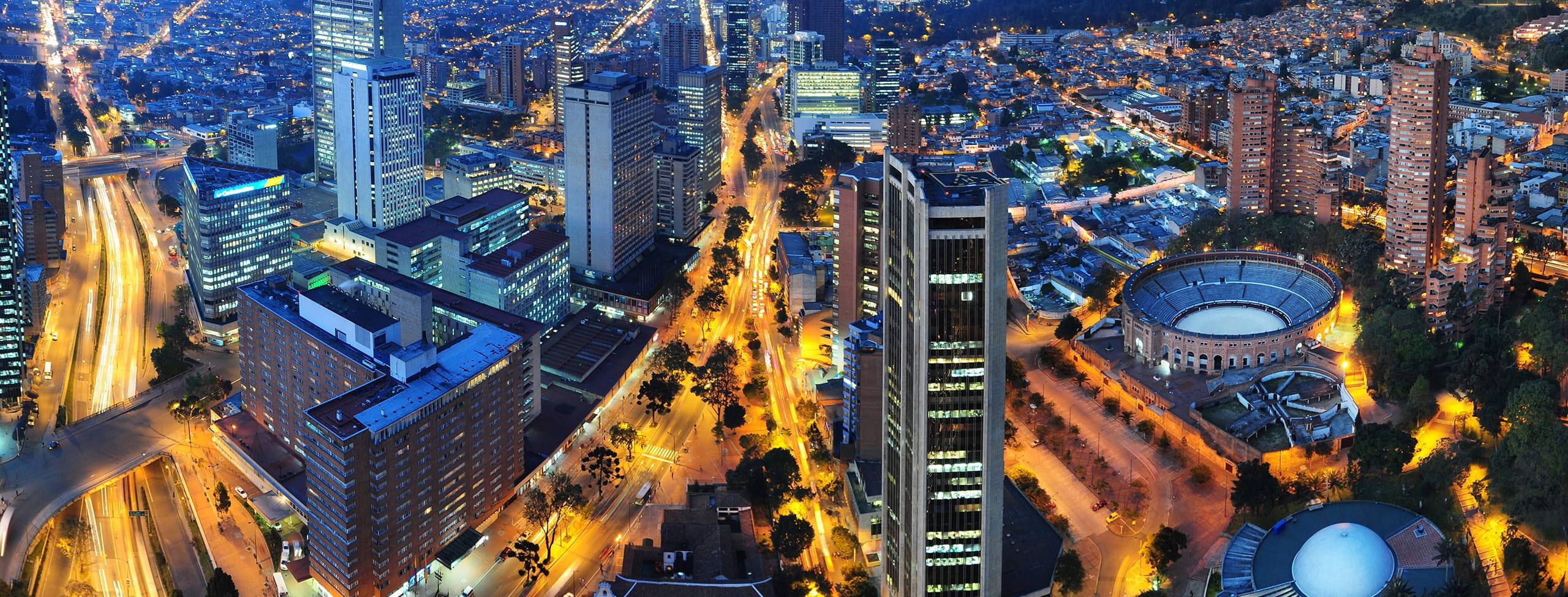Law 2195 of 2022: Colombia’s new corruption and transnational bribery regulation
Colombia’s Law 2195 of 2022 embodies the government's efforts to enhance the provisions for preventing corruption and strengthen current regulations related to transnational bribery. The major innovations set out in Law 2195 are the following:
- The law addresses the liability of companies, legal entities in general, and branches of foreign companies for corruption offenses
- It sets out new sanctions against legal entities for transnational bribery and
- It promotes a compliance culture in the private sector.
Law 2195 of 2022 reflects the state's compliance with its obligation to design and implement instruments that limit illegal conduct in the relationship between the public and private sectors.
This article discusses these innovations.
Administrative sanctions against legal entities and branches of foreign companies for corruption offenses
Law 2195 establishes that (i) legal entities; (ii) branches of foreign companies; (iii) legal entities that form temporary unions or consortiums; (iv) industrial and commercial entities of the state; (v) mixed-economy entities; and (vi) nonprofit entities (the “legal entities”), when domiciled in Colombia, can be subject to the administrative sanctions and thus be held responsible for acts of corruption, when:
- There is (i) an enforceable criminal sentence or (ii) a discretionary prosecution principle in place (in Spanish, Principio de Oportunidad) against any of the legal entities’ directors, board members, or officers, due to the direct or indirect commission of a) crimes against the public administration; b) crimes against the environment; c) crimes against the economic and social order; d) financing of terrorism and organized criminal groups; e) administration of resources related to terrorist activities and organized crime groups; f) crimes defined in Law 1474 of 2011 (such as fraud on public resources of the social security system, private corruption, unfair administration, influence peddling by private individuals, among others); or g) any punishable conduct that is linked to public assets.
- They received any benefit or they sought benefit, directly or indirectly, by the commission of the criminal offense.
- They consented to or tolerated the punishable conduct, by action or omission, considering the application of its risk controls.
In those cases, the competent authorities, such as the superintendencies in charge of the inspection, surveillance, and control of the legal entities may initiate ex officio the investigation. Likewise, Law 2195 of 2022 determines that the administrative sanctions that can be imposed are:
- Fines up to 200,000 times the minimum legal monthly wage in force (SMLMV by its acronym in Spanish) (approximatelyUSD515 million), in addition to the benefit obtained or intended to be obtained for the commission of the criminal offense. The authority may order that up to 10 percent of the fine imposed for it to be destined for adopting, strengthening, or updating the transparency and business ethics program of the Legal Entity.
- Inability to contract with the Colombian state regarding public procurement.
- Publication, up to five times, of the sanction in any media with a wide public reach and on the website of the legal entity from six months up to one year.
- Prohibition to receive incentives or subsidies from the government for a term of ten years.
- Removal of directors, board members, or officers and employees who have been convicted or benefited a discretionary principle, or who have tolerated or consented to the offense.
- Registration of the sanction in the legal entity’s commercial registry.
New provisions related to administrative liability against Legal Entities for a transnational bribery offense
In accordance with Law 1778 of 2016, a transnational bribery offense materializes if a Legal Entity, through one or more employees, contractors, administrators, or associates, gives, offers, or promises to a foreign public servant, directly or indirectly (i) sums of money; (ii) any object of pecuniary value; or (iii) any other benefit or utility, in exchange for the foreign public servant to perform, omit, or delay any act related to the exercise of their functions and in connection with an international business or transaction.
Thus, Law 2195 of 2022 strengthens the current regulations related to the administrative sanctions for a transnational bribery offense, as follows:
- Subsidiaries of the parent company will also be held responsible and sanctioned when their parent company or any other Legal Entity that is part of the same corporate group or that is directly or indirectly controlled by the parent company engages in any transnational bribery offense for the benefit of the subordinates.
- The Law establishes that, in the event that one of its subsidiaries takes part in any transnational bribery offense with the consent or tolerance of the parent company, the parent company shall be liable and sanctioned.
- The responsibility extends to any Legal Entity located in Colombia that benefited from the conduct or is responsible for the conduct, even when the offenses are committed in foreign territory.
- Fines collected as a result of violations of the Law will be used to implement, strengthen, or improve the Colombian transparency and business ethics program.
- Those found guilty of violating the Law are prohibited from receiving government incentives or subsidies for up to ten years.
- The Law determines that the Superintendency of Companies may have access to confidential information.
- The Law requests that public entities collaborate to report any suspicious activity or indicative fact.
- The Law allows total or partial exoneration depending on when, and whether the Legal Entity informed the transnational bribery conduct.
In those cases, the transnational bribery offenses shall be investigated and sanctioned by the Superintendency of Companies in compliance with the criteria for the graduation of penalties and the procedure described in Law 1778 of 2016.
Going forward
Finally, it is important to highlight that corruption is a long-standing phenomenon in Colombia that primarily affects the construction and infrastructure, public administration, mining and energy, life sciences, telecommunications, automotive, and financial sectors. Therefore, Law 2195 of 2022 reflects the state's compliance with its obligation to design and implement strategies and instruments aimed at limiting the materialization of illegal conducts in the relationship between the public and private sectors, such as those mentioned above, as well as preventing Legal Entities from being used as an instrument for the execution of corruption and transnational bribery offenses.
Prevention systems are key factors to prevent any illegal conduct and can protect the company if a risk becomes a fact.
Find out more about the implications of Law 2195 for your business by contacting any of the authors.



